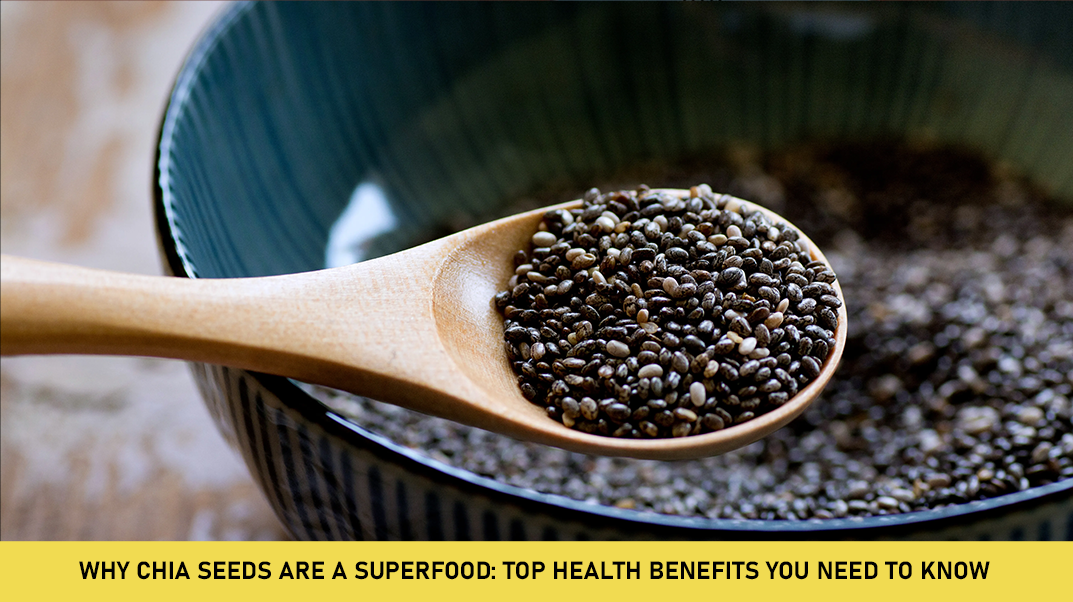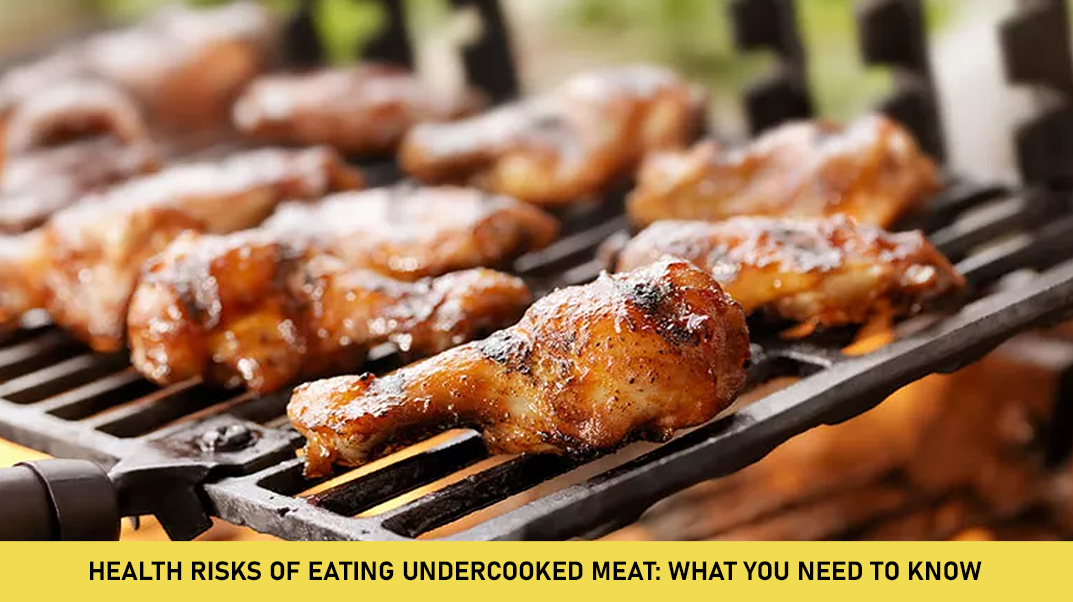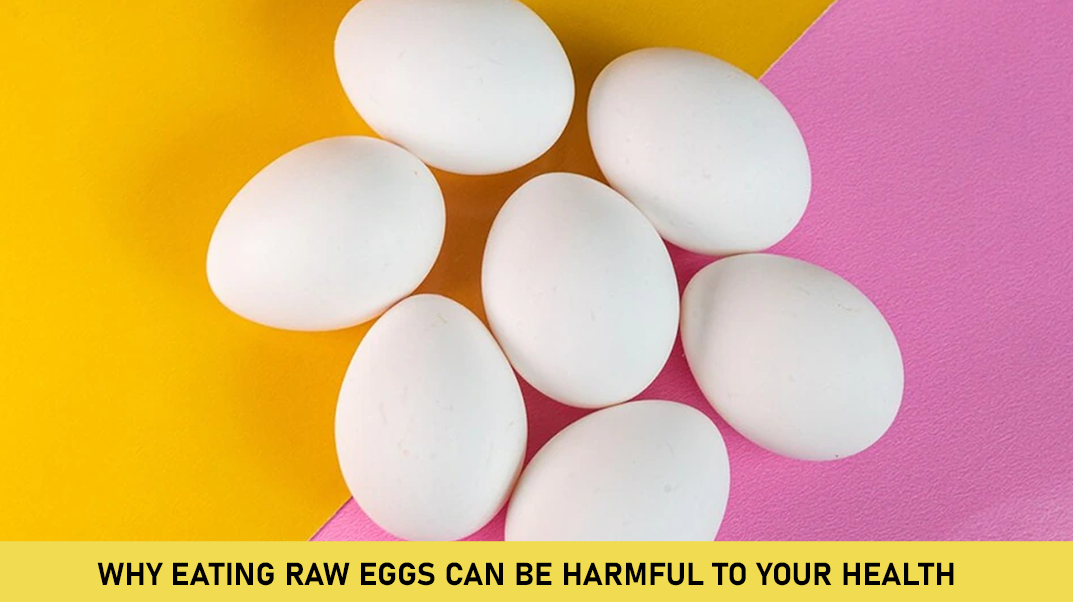Eating expired food is something most people have experienced at least once, often out of curiosity, a lapse in attention, or a desire to avoid waste. However, while some expired foods may appear or even taste fine, consuming them can pose serious health risks. Understanding what happens when you eat expired food can help you make better decisions and protect your well-being.
1. Food Poisoning and Bacterial Infections
The most immediate and common risk of eating expired food is food poisoning, which is often caused by bacterial contamination. As food ages, it becomes a breeding ground for bacteria such as Salmonella, E. coli, and Listeria. These bacteria can multiply rapidly, especially if the food has not been stored properly.
When you consume expired food contaminated with harmful bacteria, you may experience symptoms such as nausea, vomiting, diarrhea, stomach cramps, and fever. In severe cases, food poisoning can lead to dehydration, hospitalization, and even death, particularly in vulnerable groups like young children, the elderly, and individuals with weakened immune systems.
2. Mold and Mycotoxins
Mold is another potential hazard when eating expired food. Mold can grow on a variety of foods, particularly those that are moist or have high sugar content, such as bread, fruits, and dairy products. While not all molds are harmful, some can produce mycotoxins—poisonous substances that can cause adverse health effects when ingested.
Ingesting moldy food can lead to allergic reactions, respiratory issues, and gastrointestinal discomfort. Some mycotoxins are even carcinogenic, meaning they have the potential to increase the risk of cancer over time. It’s important to remember that mold can grow deep within food, not just on the surface, so simply cutting off the visible mold may not make the food safe to eat.
3. Nutrient Degradation
One of the less obvious effects of eating expired food is nutrient degradation. Over time, the vitamins, minerals, and other nutrients in food can break down, reducing its nutritional value. For example, vitamin C in fruits and vegetables is particularly susceptible to degradation, meaning that eating expired produce may not provide the same health benefits as fresh options.
While eating nutrient-depleted food may not make you sick immediately, it can contribute to nutrient deficiencies over time, especially if expired food makes up a significant portion of your diet. This can lead to a range of health issues, including weakened immunity, fatigue, and poor skin health.
4. Changes in Taste and Texture
Expired food often undergoes changes in taste, texture, and appearance. While these changes may not be harmful in themselves, they can be indicators that the food is no longer safe to eat. For example, milk that has soured or meat that has turned slimy may not only taste unpleasant but also harbor harmful bacteria.
Even if the food does not cause immediate illness, consuming expired items with altered taste and texture can be an unpleasant experience and may deter you from enjoying your meals. Fresh, properly stored food is more likely to provide a satisfying eating experience and better support your overall health.
5. Long-Term Health Risks
While the immediate effects of eating expired food, such as food poisoning or allergic reactions, are concerning, there are also potential long-term health risks to consider. Regularly consuming expired food that is contaminated with bacteria, mold, or mycotoxins can increase your risk of chronic health conditions, such as gastrointestinal disorders, respiratory issues, and even cancer.
Furthermore, eating expired food can contribute to a cycle of poor dietary habits, leading to a reliance on low-quality, nutrient-depleted food. Over time, this can weaken your immune system, reduce your energy levels, and negatively impact your overall well-being.
Conclusion
Eating expired food is not just a matter of taste or preference—it can have serious consequences for your health. From food poisoning and bacterial infections to nutrient degradation and long-term health risks, the dangers of consuming expired food are numerous. To protect yourself and your loved ones, it’s essential to pay attention to expiration dates, store food properly, and discard items that are past their prime. By prioritizing fresh, safe food, you can enjoy better health and a more satisfying eating experience.





